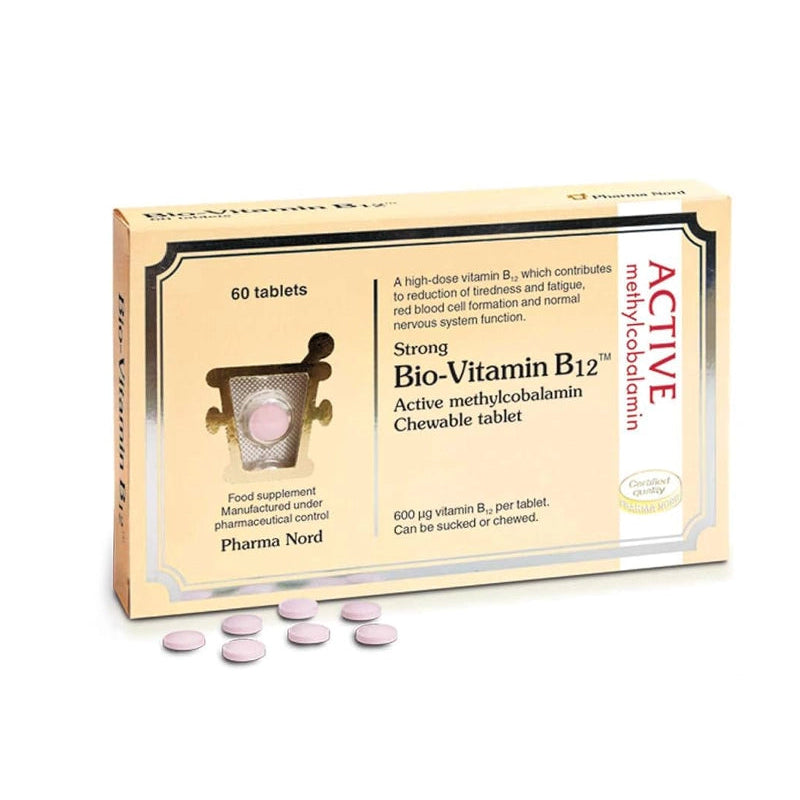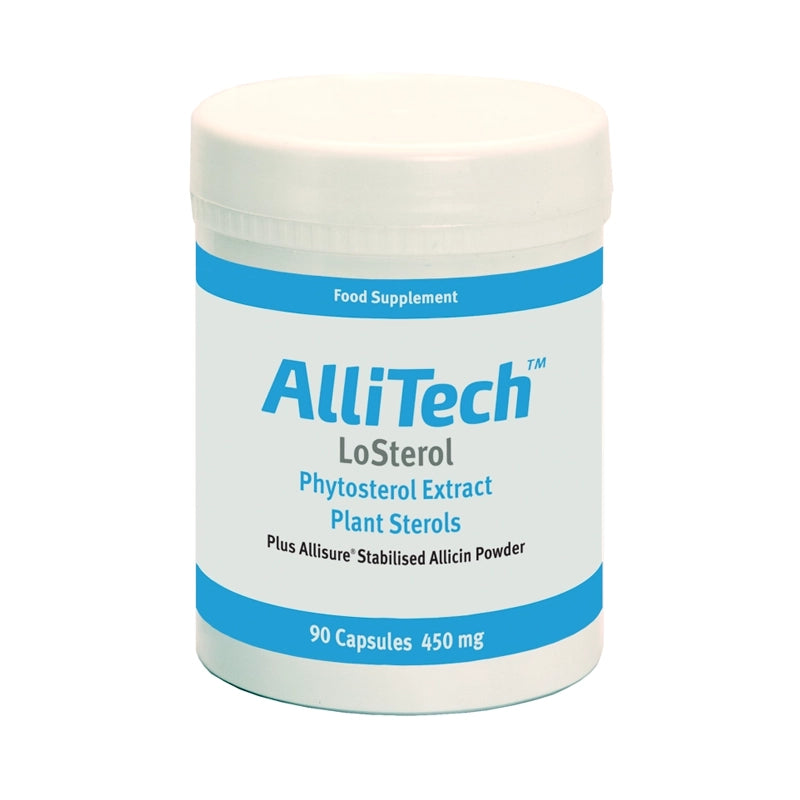Brain Health
Managing cognitive function for better memory and focus
Learn how lifestyle changes, nutrition and natural support can help reduce your risk of cognitive decline.





What is neuroplasticity?
What is cognitive function?
Frequently Asked Questions
How much sleep should adults get for brain performance?
Adults of all ages should aim for 7-9 hours of good-quality sleep each night. Sleep is vital for memory consolidation, focus, decision-making, and overall cognitive function. Poor or insufficient sleep can impair concentration, slow reaction times, and increase the risk of long-term cognitive decline.
Can dehydration really affect memory and focus?
Yes. Even mild dehydration, as little as 2% of body fluid loss can impair short-term memory, concentration, and focus. Staying well-hydrated throughout the day supports optimal brain function and overall energy levels.
Do supplements replace lifestyle changes or medical advice?
No. Supplements can support brain health, but they are not a replacement for healthy lifestyle choices such as good sleep, a balanced diet, regular exercise, and stress management. If you notice sudden changes in memory, focus, or neurological symptoms, you should always seek medical advice.
What foods are best for brain health and memory?
Leafy greens (like spinach and kale), berries, and foods rich in omega-3 fatty acids (such as salmon, walnuts, and flaxseeds) are all linked to better cognitive performance. These nutrient-dense foods may help slow age-related cognitive decline.
Can exercise really improve cognitive function?
Yes. Regular physical activity increases blood and oxygen flow to the brain, which supports memory, focus, and problem-solving skills. Exercise also helps reduce stress and improve sleep, both of which are essential for maintaining cognitive function.
What is neuroplasticity and how does it affect memory?
Neuroplasticity, or brain plasticity, is the brain's ability to reorganise itself by forming new neural connections. This process allows the brain to adapt, learn new skills, and even recover after injury. Strong neuroplasticity is linked to better memory and learning.
Do vitamin B12 or omega-3 supplements help with brain health?
Yes. Vitamin B12 plays a role in energy metabolism and the maintenance of nerve cells, while omega-3 fatty acids are essential for brain structure and function. Deficiencies in either nutrient may be linked to memory issues and an increased risk of cognitive decline.
How does poor sleep affect brain function?
Poor sleep reduces concentration, problem-solving ability, and memory recall. It can also affect emotional regulation and judgment. Over time, chronic sleep deprivation may increase the risk of dementia and other neurodegenerative conditions.
At what age does cognitive decline usually begin?
Mild changes in memory and processing speed can begin from midlife (around age 45-60), but adopting healthy habits, good sleep, balanced nutrition, physical activity, and mental stimulation can help delay or reduce cognitive decline.









